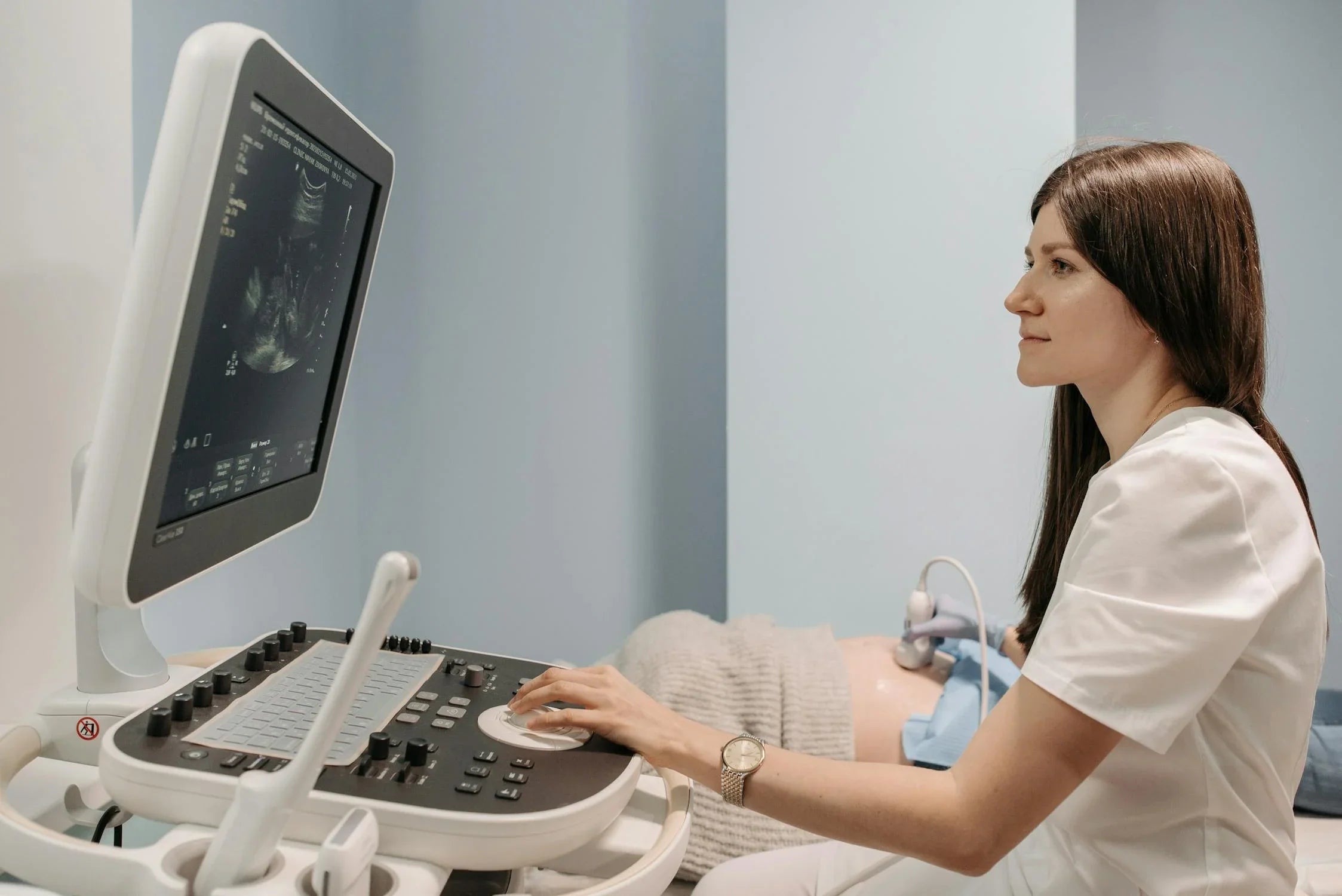Inicio
Pregnancy, Breastfeeding, and Pumping: The Ultimate Guide for Moms
How Long After Spotting Can You Take a Pregnancy Test

How Long After Spotting Can You Take a Pregnancy Test
Spotting can be a confusing and sometimes alarming experience, especially if you're trying to conceive or suspect you might be pregnant. Many women wonder how long after spotting they should wait before taking a pregnancy test to ensure accurate results. The answer depends on several factors, including the type of test, the timing of ovulation, and the nature of the spotting itself. This article will guide you through the process, helping you make informed decisions and avoid unnecessary stress.
Understanding Spotting and Its Causes
Spotting refers to light bleeding that occurs outside of your regular menstrual period. It can be caused by various factors, including hormonal changes, implantation, or even stress. When trying to conceive, spotting can be particularly significant because it might indicate implantation bleeding, which occurs when a fertilized egg attaches to the uterine lining. However, spotting can also result from other conditions, such as infections or hormonal imbalances, so it's essential to consider the context and other symptoms.
Implantation Bleeding vs. Menstrual Spotting
One of the most common reasons women consider taking a pregnancy test after spotting is the possibility of implantation bleeding. Implantation bleeding typically occurs 6 to 12 days after ovulation and is usually lighter and shorter in duration than a regular period. If you suspect that your spotting is due to implantation, it's important to wait a few days before taking a pregnancy test. This allows the hormone human chorionic gonadotropin (hCG) to build up to detectable levels in your urine.
How Pregnancy Tests Work
Pregnancy tests detect the presence of hCG, a hormone produced by the placenta after implantation. There are two main types of pregnancy tests: urine tests and blood tests. Urine tests are the most common and can be done at home, while blood tests are typically performed in a healthcare setting and can detect pregnancy earlier. Both types of tests rely on the presence of hCG, which takes time to accumulate after implantation. Taking a test too early can result in a false negative, even if you are pregnant.
When to Take a Pregnancy Test After Spotting
The timing of when to take a pregnancy test after spotting depends on several factors. If you suspect that the spotting is due to implantation, it's best to wait at least 3 to 5 days after the spotting has stopped before taking a test. This allows hCG levels to rise sufficiently for detection. If you're unsure about the cause of the spotting, waiting until after your expected period date can provide more reliable results. Early testing can lead to false negatives, which can be frustrating and confusing.
Factors Affecting Test Accuracy
Several factors can affect the accuracy of a pregnancy test, including the sensitivity of the test, the timing of ovulation, and the concentration of hCG in your urine. Some tests are more sensitive and can detect lower levels of hCG, making them suitable for early testing. However, even with a sensitive test, it's important to follow the instructions carefully and use the first morning urine, which is typically more concentrated. Testing too early or using diluted urine can reduce the accuracy of the results.
Tips for Accurate Testing
To ensure the most accurate results, follow these tips when taking a pregnancy test after spotting:
- Wait at least 3 to 5 days after spotting has stopped.
- Use the first morning urine for the highest concentration of hCG.
- Follow the instructions on the test carefully, including the recommended waiting time.
- Avoid drinking excessive fluids before testing, as this can dilute your urine.
- If you receive a negative result but still suspect you might be pregnant, wait a few days and test again.
What to Do After a Positive Test
If your pregnancy test is positive, it's important to confirm the result with a healthcare provider. They can perform a blood test to measure hCG levels more accurately and provide guidance on next steps. Early prenatal care is essential for a healthy pregnancy, so schedule an appointment as soon as possible. Your healthcare provider can also help you understand any symptoms or concerns you may have, ensuring that you and your baby receive the best care.
What to Do After a Negative Test
A negative pregnancy test can be disappointing, especially if you've been trying to conceive. However, it's important to remember that false negatives can occur, particularly if the test is taken too early. If your period doesn't start within a few days of the negative result, consider testing again. If you continue to experience irregular bleeding or other symptoms, consult a healthcare provider to rule out other potential causes.
When to Seek Medical Advice
While spotting can be a normal part of the menstrual cycle or early pregnancy, there are situations where it's important to seek medical advice. If the spotting is heavy, accompanied by severe pain, or persists for more than a few days, consult a healthcare provider. These symptoms could indicate an underlying condition that requires treatment. Additionally, if you experience recurrent spotting or have difficulty conceiving, a healthcare provider can help identify and address any potential issues.
Understanding how long after spotting you can take a pregnancy test is crucial for accurate results and peace of mind. By waiting the appropriate amount of time and following best practices for testing, you can increase the likelihood of receiving a reliable result. Whether you're hoping for a positive or negative outcome, knowing when and how to test can help you navigate this important moment with confidence. Remember, if you have any doubts or concerns, don't hesitate to seek professional guidance to ensure your health and well-being.
Compartir

